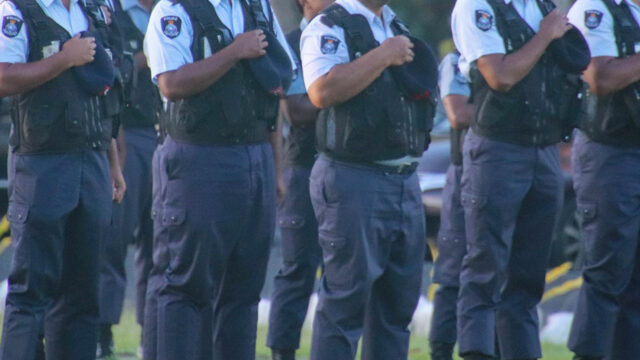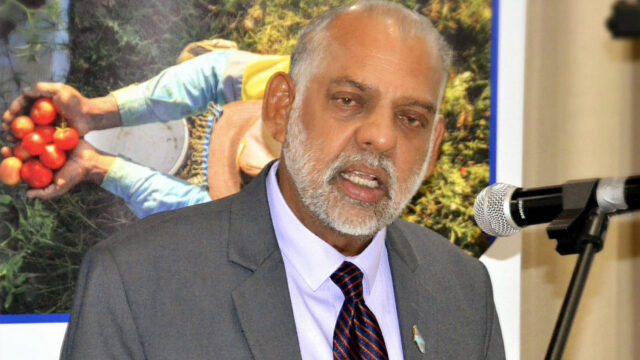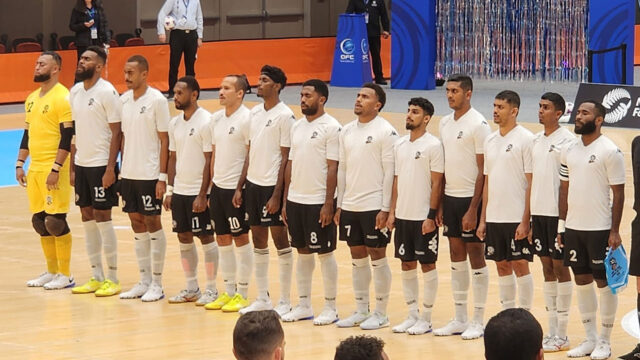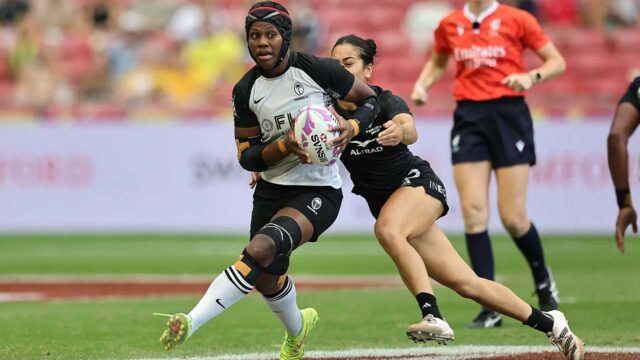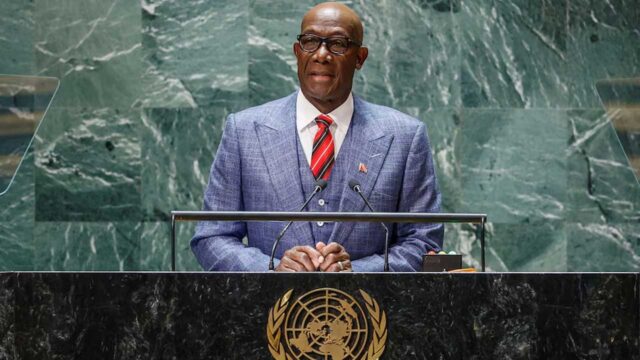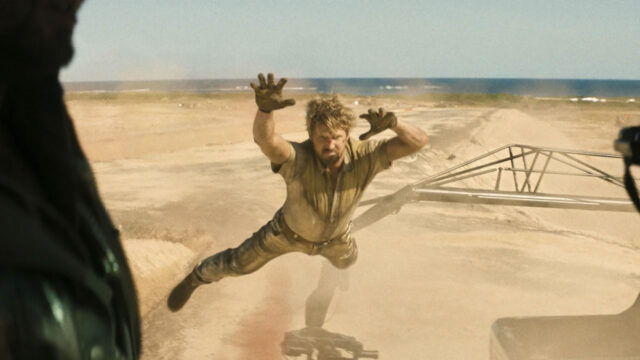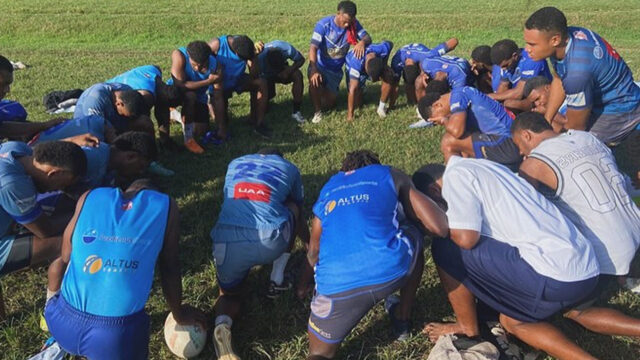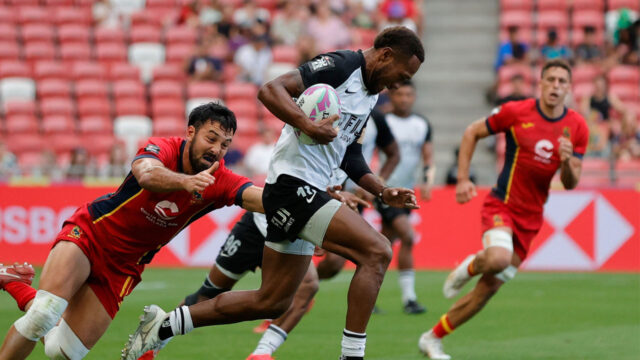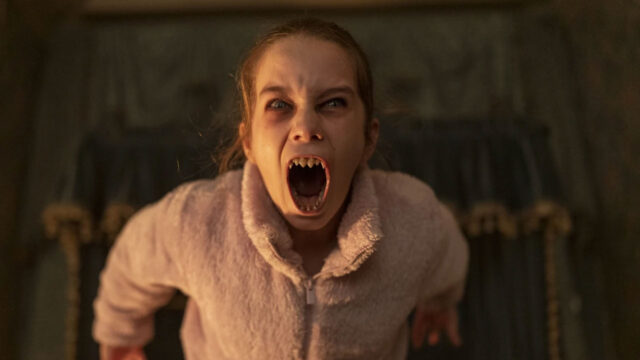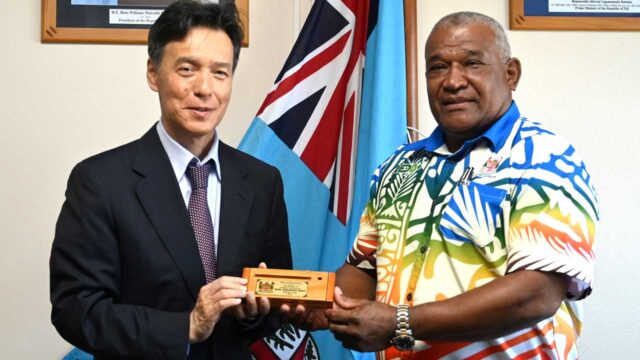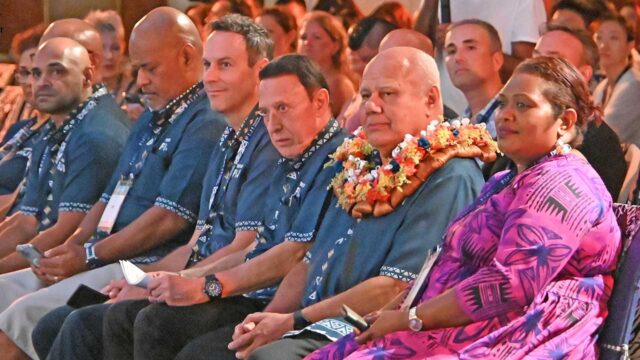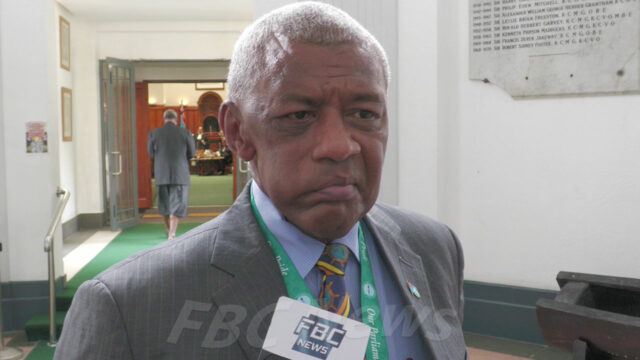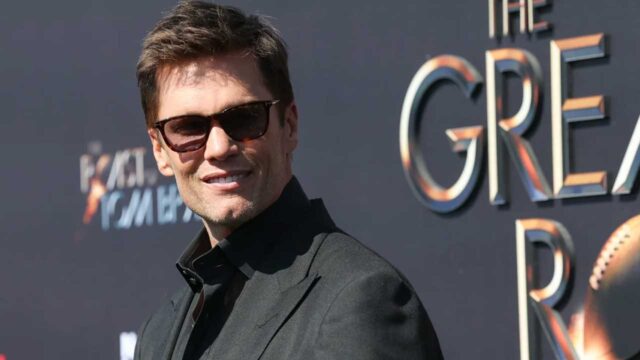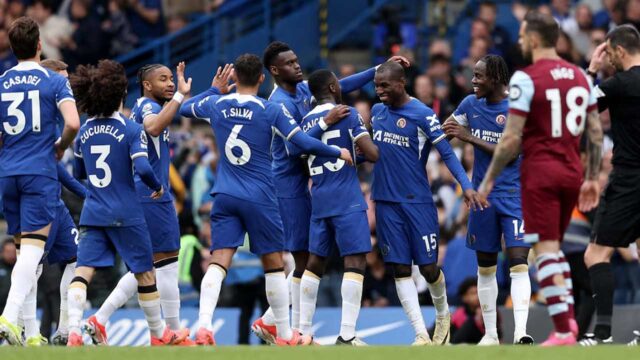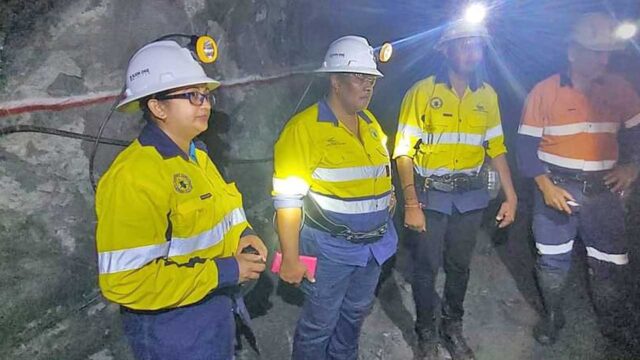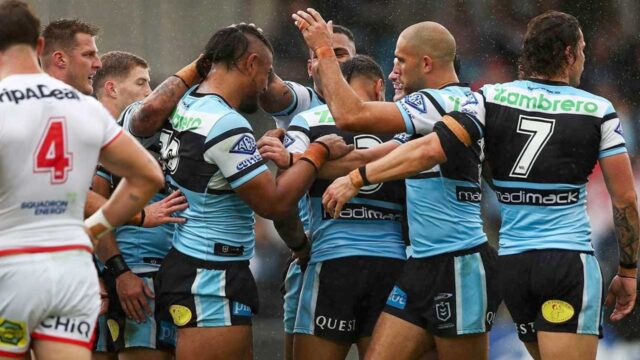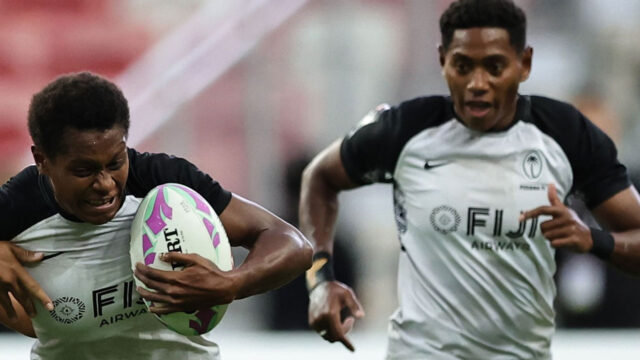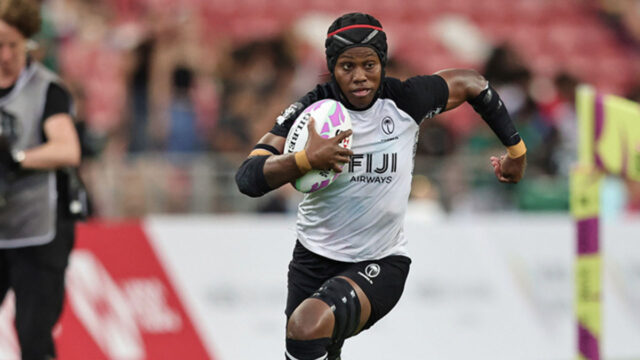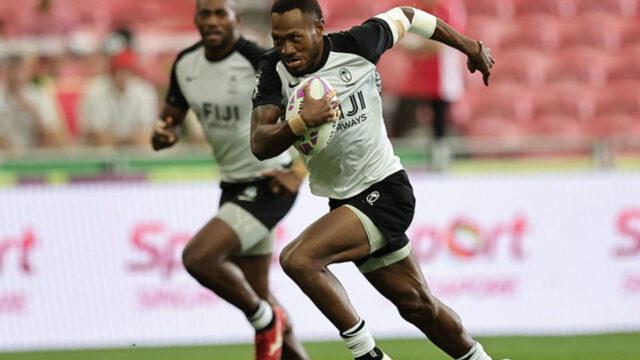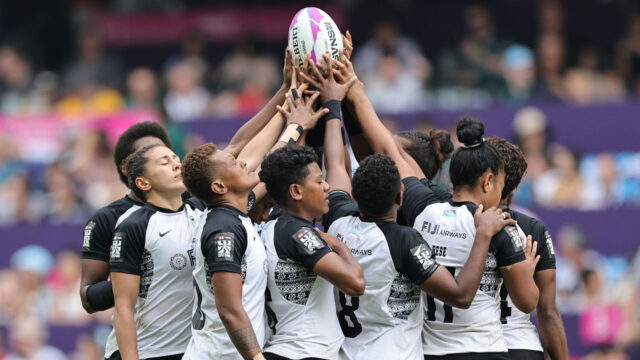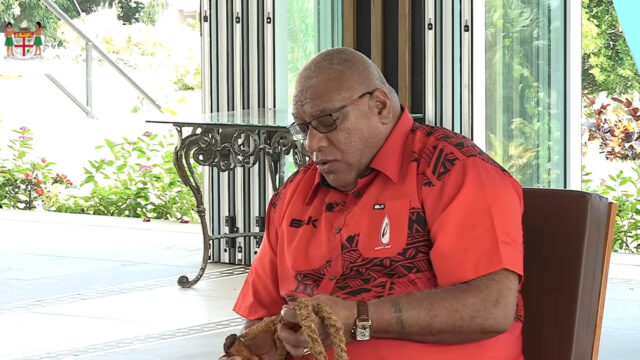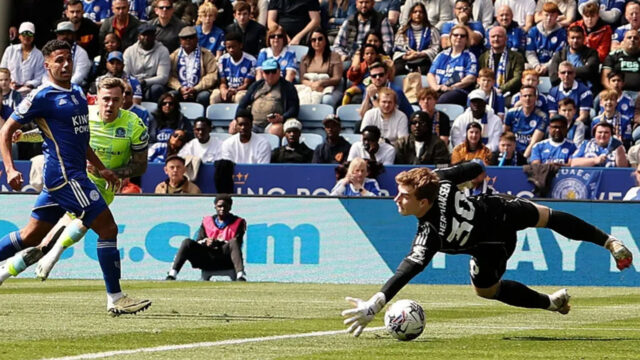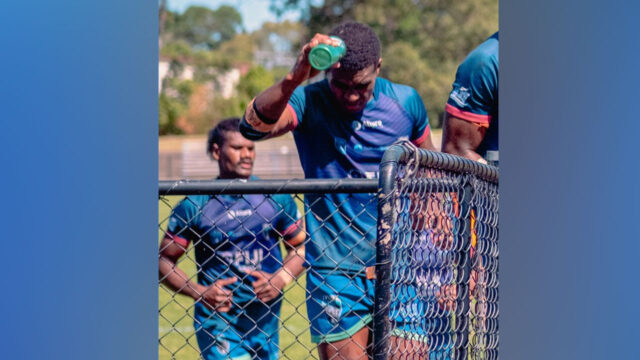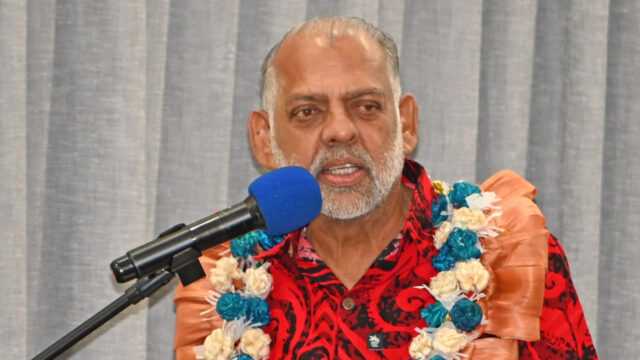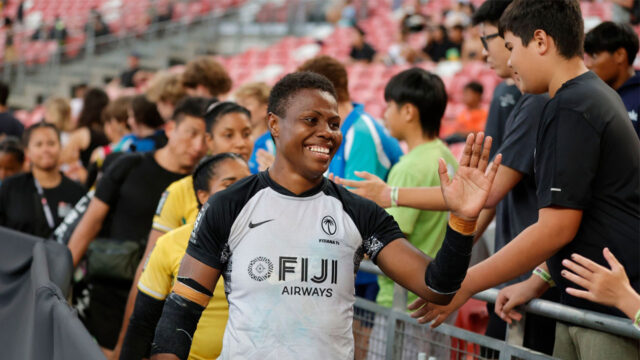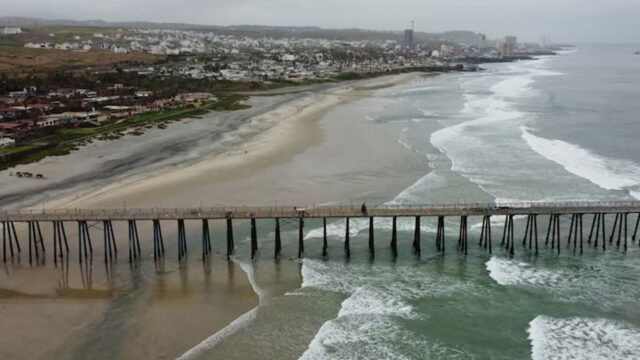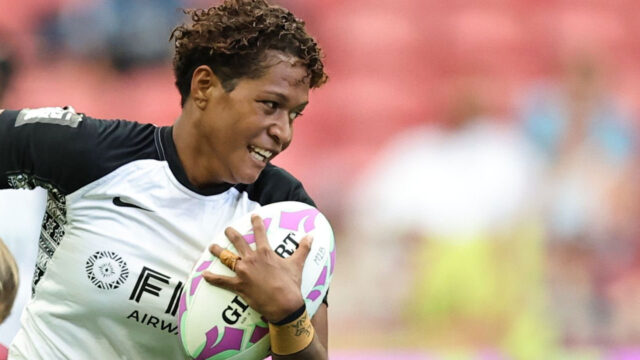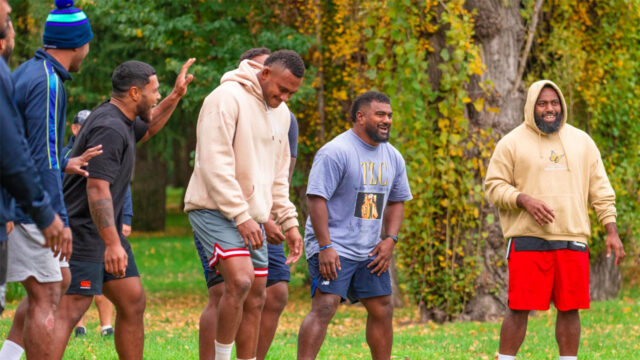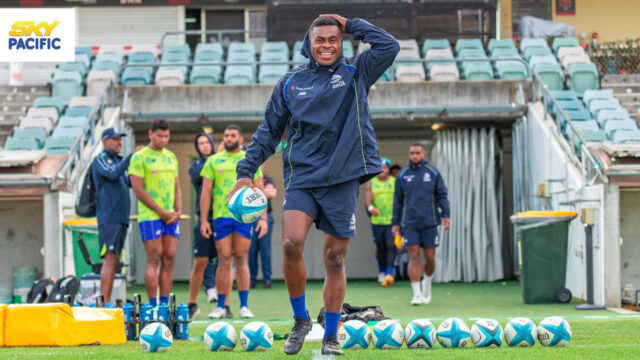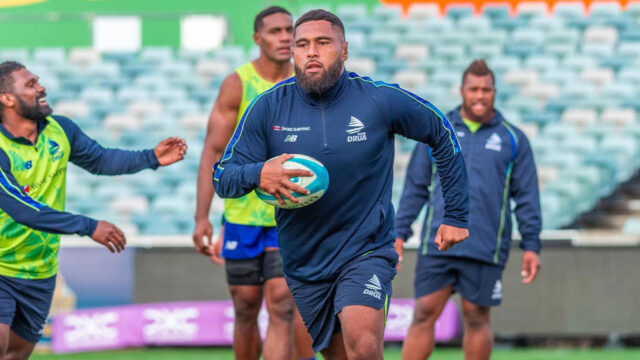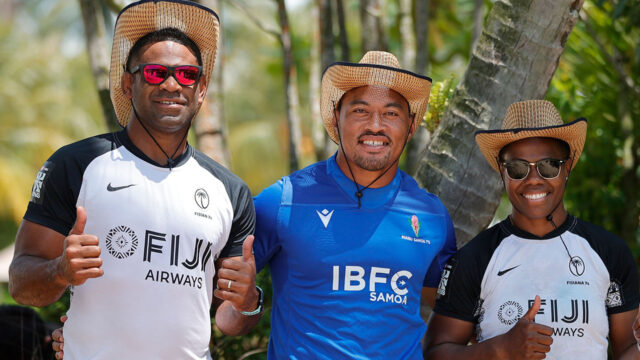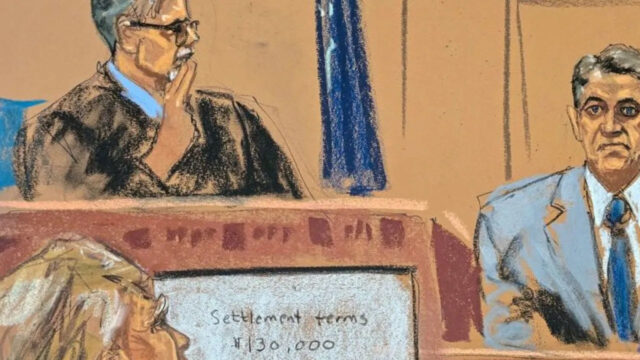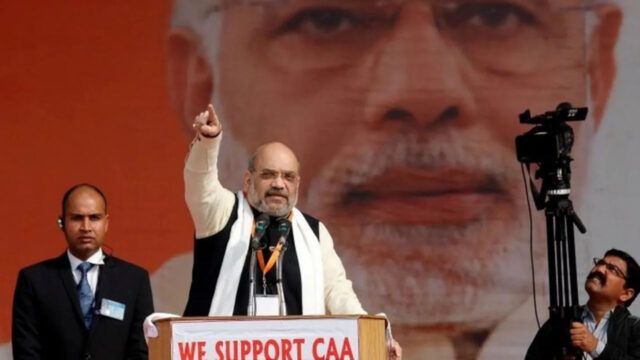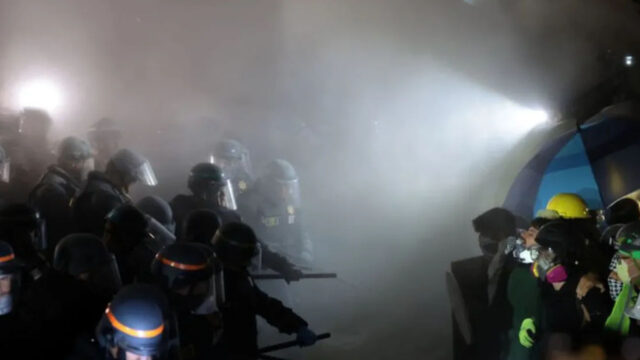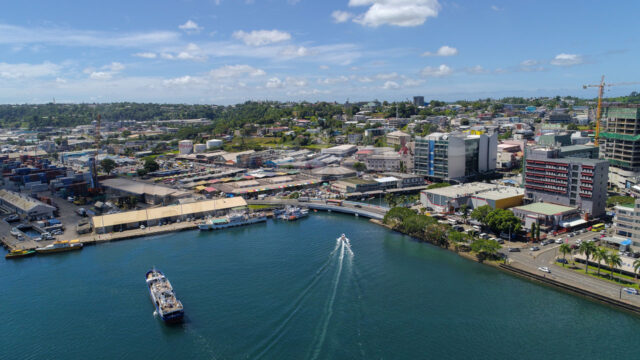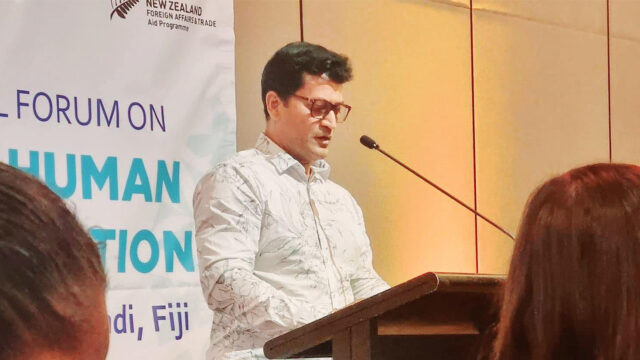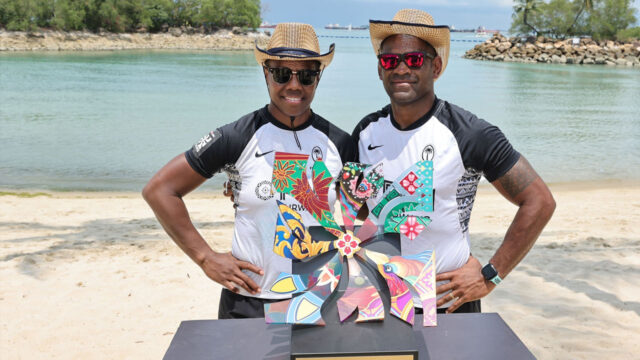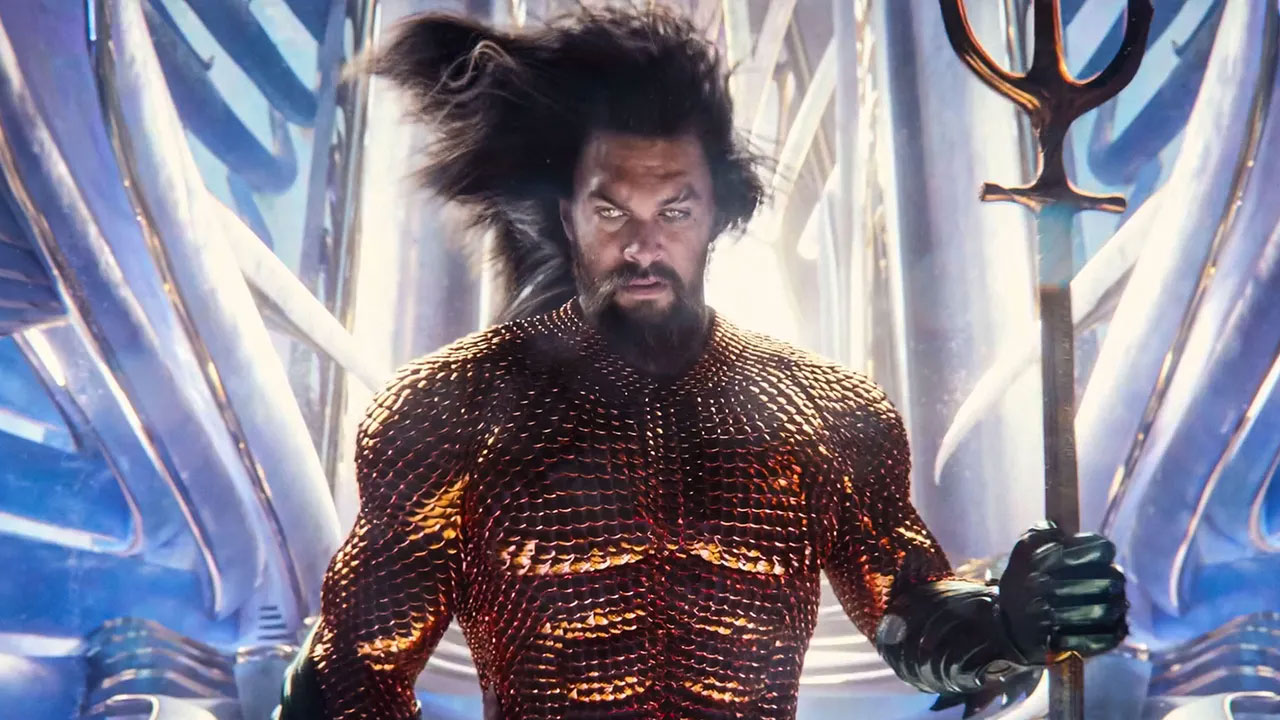
[Source: BBC]
Ten years ago, Zack Snyder’s Man of Steel was the first film to be set in a universe shared by DC’s superheroes.
The enterprise has had its ups and downs since then, and the last four DC films – Black Adam, Shazam: Fury of the Gods, The Flash and Blue Beetle – were definitely downs. It’s probably for the best, then, that Warner Bros is now rebooting DC’s cinematic universe, starting with James Gunn’s Superman: Legacy in 2025. But that means that Aquaman and the Lost Kingdom is officially the final film in the continuity that began back in 2013. It’s the end of an era. And yet it’s unlikely that anyone who sees the film will be shedding a tear.
Not that the sequel to 2018’s Aquaman is especially terrible. It has its own distinctively cartoony undersea setting that sets it apart from every other superhero film, even if it does bear a marked resemblance to the world of The Little Mermaid. And it hurtles along, delivering all of the explosions, fight sequences and quips that we’ve come to expect from today’s superhero blockbusters. Any parents who fancy a two-hour snooze over the Christmas holiday while their young children are stimulated by loud noises and colourful lights could do worse than to buy some tickets.
But there is nothing in Aquaman and the Lost Kingdom that’s fun or thrilling or moving enough to make you wish for any further sequels. Randall Park plays a conflicted scientist who keeps saying, “Astonishing!” But nothing actually is. The first Aquaman film raked in more than a billion dollars at the box office, so you can understand why the sequel was made. Beyond that, it never offers any compelling reason to exist, or any hints of a story that needed to be told.
In the opening scenes, there are glimmers of a resonant theme: the half-human Arthur Curry, played by Jason Momoa, has decided that being the King of Atlantis isn’t all it’s cracked up to be. He can’t persuade the Atlantean council that they should reveal their existence to the surface dwellers (a dispute that echoes Marvel’s Black Panther), and he’s busy raising his baby son, who lives on dry land with Arthur’s human dad, played by Temuera Morrison.
Arthur’s wife Mera, played by Amber Heard, isn’t much help, either. For reasons that we can only guess at, most of Heard’s scenes have been edited out, so while she shows up every now and then in a skintight, low-cut bodysuit, she has so little to say and do that she might as well not be there at all. In essence, Heard is seen but not heard.
Still, her absence doesn’t matter too much, because Arthur’s worries about whether he can be a good king and a good father are soon swept away by a tidal wave of unrelated plot. The suitably imposing Yahya Abdul-Mateen II is back as Manta, a perma-scowling pirate with a silly, insectoid diving helmet. He gets hold of an enchanted weapon called the Black Trident that gives him superpowers and a psychic link to an undead monster. The only way for Arthur to track Manta down, he decides, is to team up with his half-brother, Orm (Patrick Wilson), who was the villain in the previous film.
But hang on a minute. Does Arthur really need Orm’s help? No. And will their shared quest take them from bitter enmity to grudging respect and even love? You bet. Their clichéd relationship is typical of a film that goes efficiently through all of the usual blockbuster motions, but never attempts anything original or honest. At one point, Arthur even nicknames Orm “Loki”, which is both a giveaway that we’ve seen their fraternal dynamic in Marvel’s Thor films, and a reminder that it was done with far more conviction and humour in those.
To give credit where it’s due, Wilson has to deliver reams of complicated exposition about ancient power sources and feuding dynasties, and he gets through all of the requisite gobbledegook with a straight face. You can’t help but feel sorry for him. Similarly, you can only hope that Nicole Kidman was well paid for turning up as Arthur and Orm’s mother, and not being given a single moment that’s worthy of her talents.
The only actor who seems to be enjoying himself is Momoa (who also receives a “story by” credit), and that’s because he sticks to the hearty, beer-guzzling, motorbike-riding surf-dude persona that is familiar from his interviews and social-media posts. He has plenty of cocky charm, and plenty of mountainous muscle, so if the film had been about him brawling with bikers in a bar, it might have been a hoot. But a film about him throwing a magical trident at computer-generated demons at the bottom of a computer-generated ocean? That just seems like a waste. He’s too earthy to be the king of the sea.
The trouble is that Momoa’s selling point as an actor is how natural and physical he is, whereas nothing in Aquaman and the Lost Kingdom seems real. Nothing that happens has any consequences: apparently fatal injuries are shrugged off seconds later. Nobody behaves like a three-dimensional human being (or, in Arthur’s case a half-human being): a bright blue octopus has more personality than the other characters. And nowhere appears to be any more solid than the setting of a video game. There are some rudimentary floaty-hair effects in the underwater scenes, but otherwise it’s impossible to tell which of the various murky caverns and canyons are in the sea, and which are on land.
The brutal editing is a factor, too. Perhaps everyone involved just wanted to get the film over and done with as quickly as possible, but they rush through every potentially major event in a blur of montages and voiceovers, so that not even the discovery of the titular Lost Kingdom feels like a big deal. Come to think of it, maybe that’s why DC’s output over the past decade has sunk to a watery grave: it consistently failed to convince viewers that they were seeing believable people in believable settings. Let’s hope that when the DC cinematic universe is rebooted, it’s a bit more like our own.







